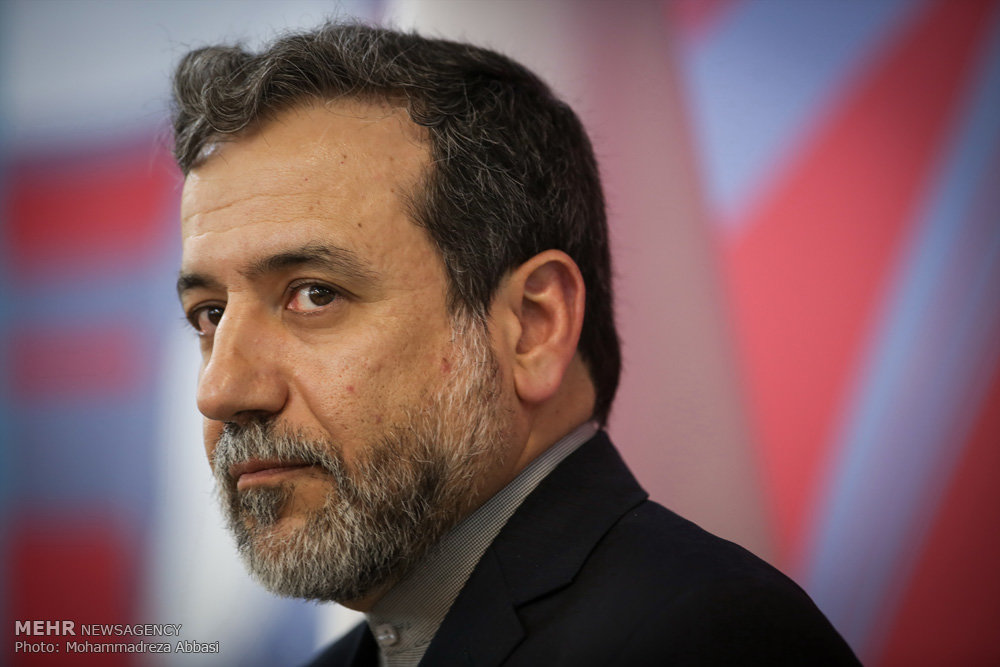“It was a step forward, but it is still not enough and not meeting Iran’s expectations,” said Iranian Deputy Foreign Minister for Political Affairs Seyyed Abbas Araghchi, after a meeting of the Joint Commission of the Joint Comprehensive Plan of Action (JCPOA) on Friday.
“I don’t think the progress made today will be enough to stop our process – but the decision will be made in Tehran.”
In early May, Iran suspended limits on its production of enriched uranium and heavy water, moves that did not technically violate the deal but signaled that its patience was wearing thin. Iran also gave Europe a 60-day deadline, which will be over on July 8, threatening that it will take further measures if Europe fails to compensate for the US’ 2018 withdrawal from JCPOA.
“The decision to reduce our commitments has already been made in Iran and we continue on that process unless our expectations are met,” Araqchi told reporters.
But he also said a ministerial-level meeting would be held soon, probably giving Europe a further chance to save the deal from imminent collapse.
During the Friday talks, the three European powers – France, Germany and the UK – tried to assuage Iranian doubts that Europe was sticking to its side of the 2015 bargain by pressing ahead with the long-planned mechanism to facilitate trade between Iran and Europe without being hit by US sanctions.
The lead EU negotiator, Helga Schmid, hailed the discussions as constructive and said the first transactions had been completed through the mechanism, known as Instex.
The EU was also due to supply a modest €3m (£2.7m) credit line to kickstart the mechanism as a signal of good intent.
Araghchi said, “For INSTEX to be useful for Iran, Europeans need to buy oil or consider credit lines for this mechanism, otherwise INSTEX is not like they or us expect.”
The EU has always said INSTEX will be confined to easing trade in humanitarian goods, such as food and medicine – a form of trading the White House says is not subject to its sanctions regime.
